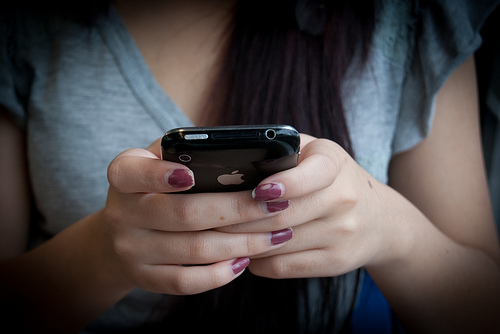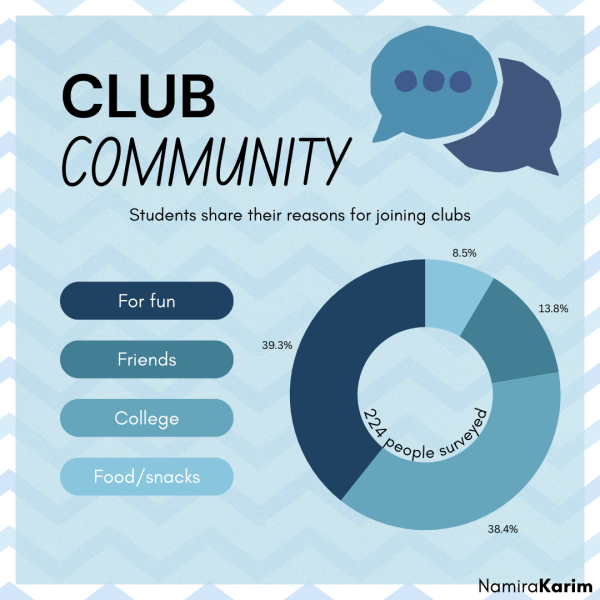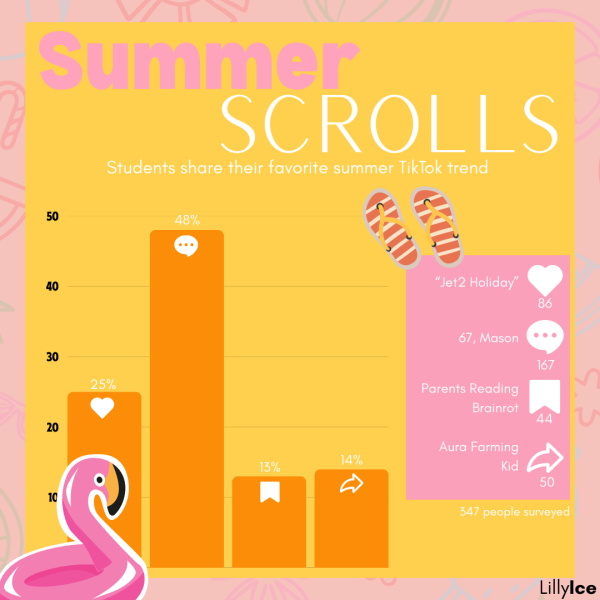Social media possibly spiking depression and anxiety rates among teens
Thirty to 40 years ago, mental illness was hardly discussed. Recently, depression and anxiety rates have spiked among teenagers – and the source could be sitting in your back pocket.
According to public health officials in the UK, addiction to social media sites like Facebook and Twitter is an illness and more than 100 people have sought out treatment in the past year (International Business Times UK).
In a study by anxiety UK, researchers found that in a set of people who regularly use smartphones for socializing, 45 percent felt “worried or uncomfortable” when they could not access their email or social media sites; and 60 percent said that in order to achieve a “full fledged break” they had to completely shut off their phones.
“People will forget their keys, their kids, but when they forget their you would think [their] life would end,” Principal of Marillac Behavioral Health Center Chad Harvey said in an email interview.
With teens as the most common users of social media, this affects them immensely. In a study done by Garry Tan, Tumblr is the most popular site among the teen population at 61 percent, with Facebook and Twitter close behind (Garry Tan).
“[There is] significant usage among the younger generation — particularly among high-school aged teenagers,” Tan said in his online blog.
According to Common Sense Media, nine out of every ten teens has used social media at least once. That’s 90 percent of the teen population exposed to online bullying.
With all the stress of school and just being a teenager, adding the constant urge to connect and ‘put on a show’ for friends is too much for some teens to handle. Research indicates that a staggering one of every four students will experience an episode of depression during their high school years (Heller, PhD).
According to the National Institute of Mental Health, 25.1 percent of teens 13-18 year olds are diagnosed with anxiety disorder; while 5.9 percent of teens the same age have severe anxiety disorder.
Sherrie Balmer is the director of communications and marketing at Marillac, a facility to help teens and children with psychiatric and behavioral health conditions, such as depression and anxiety, right here in Johnson County.
She says that she has recently found that online bullying is a prominent issue. According to BullyingStatistics, over half of teens have been bullied online. This bullying may lead to emotional trauma and snowball to mental illnesses.
In an email interview, Principal Harvey says social media has expanded so quickly that “parents and schools have not been able to keep up and educate children on being digitally responsible.”
“I believe that social media can be an incredible tool,” Balmer said. “It is a quick and effective way to spread awareness about something, or messages to a larger group.”
But she also states that she recognizes that it can be used in a negative way. Yik yak is a perfect example of social media use gone wrong – it promotes anonymous bullying.
“I see this fascination with anonymity,” Harvey says. “You can say things you normally wouldn’t without consequences.”
The app connects anyone within a mile radius to an anonymous post board, where anyone can log in and post a comment. More often than not, these posts are targeted at someone to start or spread a rumor, or bully them all completely anonymously. According to USA Today, the app hit 240,000 users in early March.

“I still wouldn’t consider it a lost cause,” Balmer said. “Someone could log on just as easily and spread positive comments, or stand up to the bullies.”
Balmer said that her newest ambition is to start to use social media in a positive way, to fit the needs of troubled teens.
“I wanted to start tweeting and posting to use our services for what these kids need,” Balmer said. “I hope it can be used to help them move forward.”
She said that she has been meeting with kids in the facility to ask how they would like to see this happen in the future. She has hope that social media can be turned from a place of gossip and bullying to a place for positivity.
“Life is always going to give us curveballs,” Balmer said. “In the end, we just need to learn not to react, but to act positively and grow from these experiences.”
Sources
primary: Sherrie Balmer
Chad Harvey
blog.garrytan.com
International Business Times UK
BullyingStatistics.com





